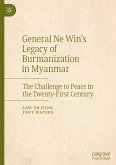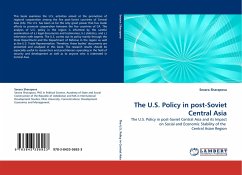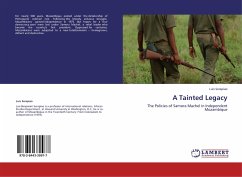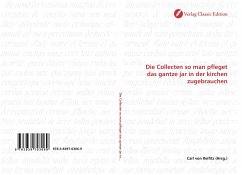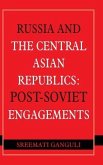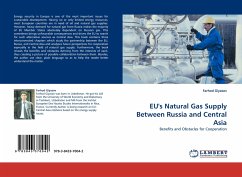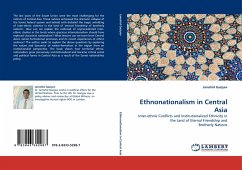The Central Asian republics have experienced simultaneous processes of nation-building, state- building and democratization as all other states of Eastern Europe. They have formulated and established their own institutions through in which state- building, nation-building and democratization processes have been put into practice. However, they have faced to some problems mainly as a result of two reasons: (i) Soviet legacy', such as the nationalities policy, national delimitation and Sovietization, and (ii) their internal and traditional structures; such as clanism, regionalism and nationalism, and rise of radical Islam. The existence of today's Central Asian nation-states were unintended consequences of the 1924 artificial creation of nations and states, but that seems to have alittle positive effect on nation-building and state-building processes. The negative impact of the Soviet policies is basically over democratization. The authoritarian leaders monopolized power by relyingon one ethnic or tribal group.The political system in all states is now under the control of one party or group led by the autocratic leaders.
Bitte wählen Sie Ihr Anliegen aus.
Rechnungen
Retourenschein anfordern
Bestellstatus
Storno


